Blog
How to Deal With an Unfair Workplace
We depend on our jobs to support ourselves and our families and show up every day to give our best efforts, but when an employer’s or supervisor’s unfair workplace practices make it impossible to achieve career goals or difficult to earn a living, it’s unfair and discouraging. But is an unfair workplace in California something an employee must endure or are there legal options to right the wrongs experienced in the work environment?
An unfair workplace may be more than disheartening, under some circumstances, it may violate California’s workplace protection laws.
What Steps Do I Take If I’m the Victim of an Unfair Workplace Due to a Protected Characteristic?
First, it’s always best to carefully document the instances of unfair treatment and report the problem to your company’s HR department to see if there are misunderstandings or false accusations against you that you can address or correct. If the employer does not adequately address the situation and make the necessary changes, the next step is to hire an experienced San Diego employment law attorney to represent you in your case.
A workplace discrimination attorney in San Diego can guide you through all available options if you wish to remain in your place of employment or if you wish to leave the job and file a lawsuit against the employer for creating an unfair workplace. A successful lawsuit can recover compensation for income loss, back pay, reimbursement for loss of benefits, and emotional distress.
When Is It Unfair Treatment in the Workplace?
It’s typically easy for an employee to recognize when they’ve become the victim of unfair treatment at work. Examples include being passed over for a well-deserved promotion in favor of a less qualified candidate, demotion in retaliation for a medical or maternity leave, exclusion from training, meetings, or conferences offered to other employees, undue negative work reviews, having hours or pay cut while coworkers have increased pay or hours, or wrongful termination due to false accusations. All of these examples are frustrating and unfair.
California’s Fair Employment and Housing Act (FEHA) allows legal options for victims of unfair treatment at work when the treatment is pervasive, interferes with the employee’s ability to succeed at the job, and stems from an employee’s protected characteristics.
When Does an Unfair Workplace Violate the Law?
In some instances of unfair workplace treatment, employees may have few options other than reporting the behaviors to their Human Resources (HR) department and seeking another job if treatment doesn’t improve; however, if the unfair treatment is motivated against an employee because of one of the state’s protected characteristics it’s a form of discrimination that violates FEHA, giving the employee the right to file a lawsuit against their employer. Protected characteristics under California’s FEHA make it illegal for an employer to discriminate against an employee based on their:
- Race or skin color
- Age of 40 or older
- Disability
- Sex or gender
- Medical condition
- Pregnancy or maternity leave
- Sexuality or gender identity
- Religion
- Breastfeeding/pumping at work
- National origin
- Military or veteran status
- Marital status
When an employer’s unfair workplace treatment stems from any of the above-protected characteristics, or in retaliation for whistleblowing, or taking medical or maternity leave, the employee may file a lawsuit.
No one has to endure unfair treatment in the workplace, and options are available, particularly when the unfair treatment violates California’s workplace protection laws. There are additional options available to an employee if their employer creates or allows a hostile work environment.

